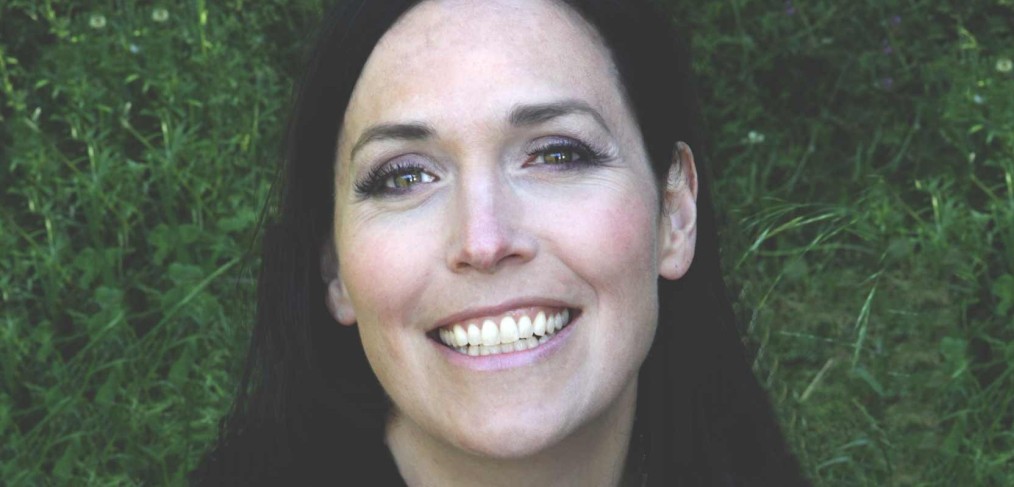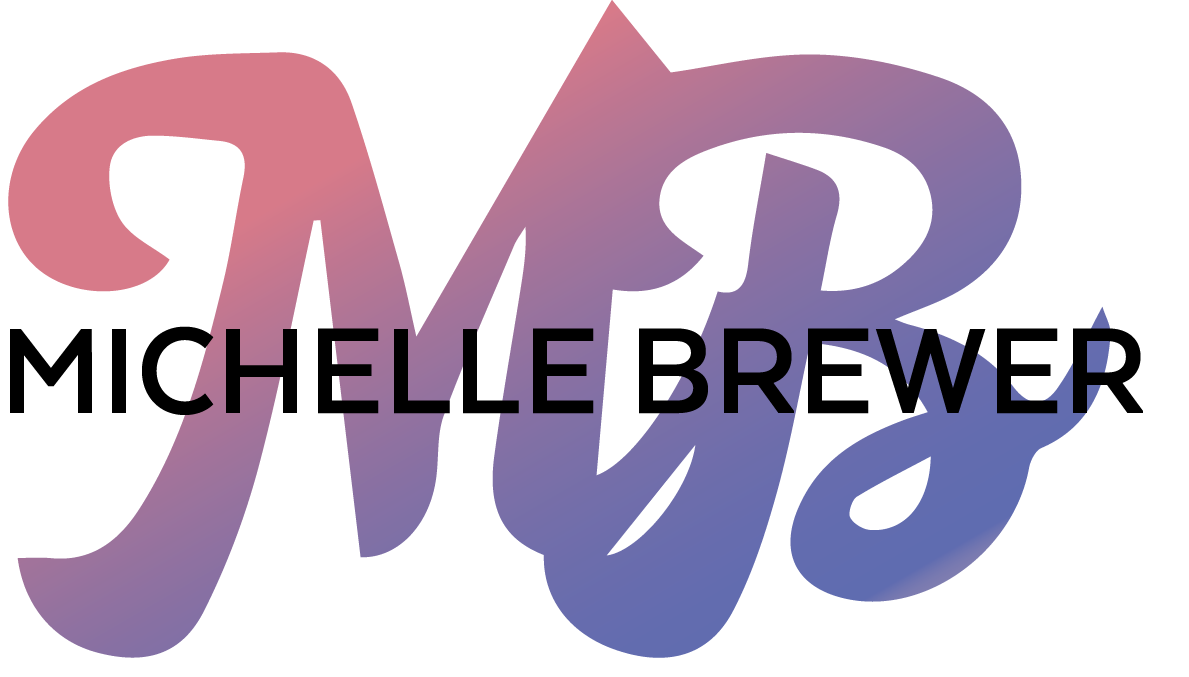
How mindful eating changed my body, mind and life
I had always been a slender and active kid, never giving a second thought to my weight until puberty, when I suddenly realized I became fat. At age 14, I tried various diets. One high fibre and low fat diet worked well for me—so long as I stayed on it.
At age 17, I found a life-changing book called Thin Within. It was my first exposure to what I term intuitive hunger eating principles: eat when you’re hungry, eat exactly what you want, do so with presence and intent, and stop as soon as the hunger goes away. The book also explained that if you eat outside of intuitive hunger signals, you are likely eating for emotional reasons. It was as though a light had been switched on for me. (It had already occurred to me that if diets were so great, why did people gain weight back? I wondered why some people manage a “good” weight their whole lives yet eat whatever they want? It occurred to me that if people eat a lot but get hungry again, haven’t they burned off all the calories?) The intuitive eating philosophy ultimately led me to ask myself why I was turning to food, which sparked a healing journey in me that continues to this day.
A few months later, I had some bad experiences with my mum’s boyfriend. I felt unsafe around him, and unheard and unsupported at home. Anxiety and confusion overwhelmed me. My body, unprotected by fat, felt too unsafe. I literally could not stop eating, and over the following weeks my weight climbed from 120 to 180 pounds. I remember not recognizing my reflection once, in a mall mirror . Thick red stretch marks stared back at me unapologetically from all over my body. My family judged me and made verbal swipes. Intuitive hunger eating seemed beyond my control. I felt humiliated and unworthy. I see now that I was trying to protect and care for myself through the weight.
When I left home things got easier. With the help of therapy, I gained significant insight into my personal and family history, and what the weight was voicing for me. I lost much of the weight. But my size would still fluctuate a bit based on the love and security I was feeling at any point in my life. Food was my “go-to” for warmth and stability.
At the end of my BA, I discovered both Women’s Studies and the work of emotional eating writer Geneen Roth. They were also life changing. Through the interplay of insights, I saw my struggles were not personal to me. When I read When Food is Love, I felt as though Geneen was inside my head, seeing deeply into my soul. Everything I had done finally made sense. I marvelled at her courage to share herself so intimately, and felt gratitude because I no longer felt alone and ashamed. That feeling of being a part of a larger experience, rather than feeling alone, was confirmed in my Women and Psychology class. Gaining weight was a reaction to what was going on in my life and not some aberration or problem specific to me.
When I began to see how consistently women have these issues—among a whole host of other issues—it was liberating. Weight was also a social problem. I no longer asked myself, “Why did I get this way?” as I used to in therapy. I now mused to myself, Given the circumstances, how could I not have gotten this way? I understood then what the feminists were meaning when they said, “The personal is political.” I developed a deep conviction that individual women’s weight would continue to be “an issue” so long as women’s place in the world was not made an issue.
With this direction and inspiration, I went to Ireland to do a Master of Philosophy at the Centre for Women’s Studies at Trinity College in Dublin. My dissertation was on why women use their bodies to make meaning in their lives and create autonomy in the world. My conviction that the psychological and social cannot be separated if we are to have real enduring change. My passion led me into a PhD in social-political theories of oppression, of how they relate to the female body and women’s position in the world, and into a larger quest for a practical and philosophical understanding of the psychological, social and spiritual reasons why eating and body are issues for women.
In 2011, I felt drawn to revisit the work of Geneen Roth. So I googled her. First, I learned that she had just published a book called Women, Food, and God, which I immediately ordered. Second, I saw to my great surprise that she was going to be speaking in Vancouver—where I lived at the time—with a group of others the following week in the I Can Do It! weekend-long conference. Not one to believe in coincidences, I attended and changed my life yet again. Hearing her from the stage, I felt once more as though she was touching my soul, putting voice, understanding and compassion to my experience. That only deepened when I read her book.
Two months later, I joined her and 90 others in Northern California for her five-day retreat where I was introduced to mindful eating. This approach brings meditation and a sense-heightened awareness of food, the experience of eating, and the intuitive hunger signals, providing space for the easy creation of new habits and insight into personal emotional connections to food. The calm was amazing. For the first time since I was 17, I could see myself life without struggle related to food or eating. I felt like I got a part of myself back.
I continue to study with Geneen Roth as I progress in my own healing journey. What I have learned and experienced inspire me to share with anyone who is curious about why they eat when they are not hungry or don’t eat when they are hungry. I ask everyone, but especially women, why society continues to have an opinion about/voice in our body size (and appearance and sexuality, for that matter)?
Questioning more deeply, I ask what would happen if we embraced our hunger? What if you not only joyfully fed your physical hunger, but you also listened for what other hungers you’re feeding with food and, instead, fed your soul as it called upon you to feed it? This work creates the space to hear and nourish your soul. What would it be like to feed your soul? It would be a new kind of Copernican revolution, as impactful as realizing that the earth revolves around the sun and not the sun around the earth.
It is not our hungers that needs to conform to society but society to our hungers.
How would you change society to have it answer your hungers? Who would you be, if you could be anyone? Let me know in the comments.
